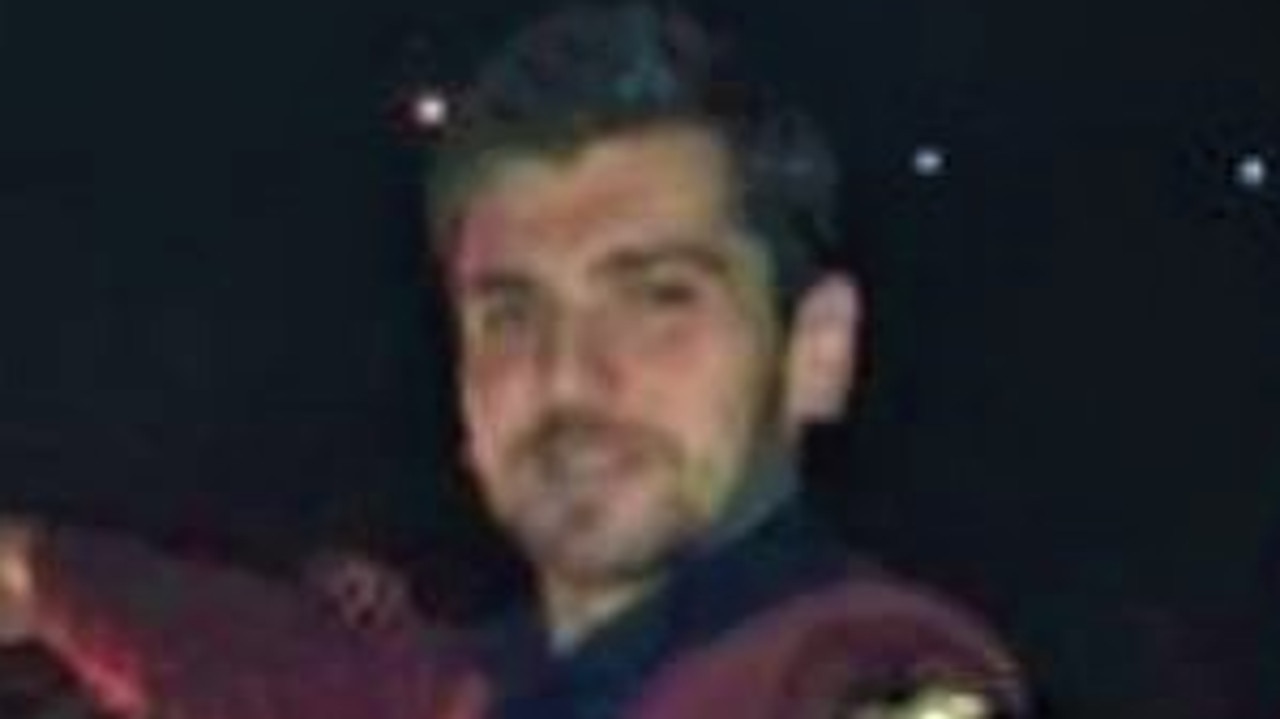Warning: Distressing content
It began as a regular nightclub encounter. They caught each other’s eyes through their friends on the dancefloor and moved together to the music, sharing the occasional kiss.
But a jury found that just moments after their flirtatious and consensual exchange, Aref Pandamooz pulled the confused young woman into the men’s cubicle and raped her.
“It has now been 1047 days since this has happened and not a day goes past where I don’t have to fight,” the woman wrote in a moving victim impact statement tendered to the NSW Court of Criminal Appeal.
“How can five minutes on one night change every minute to ever follow? I’ve lost so much time having panic attacks and nightmares, struggling to stay afloat, exhausted by a brain searching for answers”.
In April last year, Pandamooz was sentenced to seven years jail with a four-year non-parole period for his actions in the early morning of May 18, 2019.
After pleading not guilty to one count of rape and one of aggravated sexual assault regarding the May 2019 incident, the Sydney man was found guilty in a NSW District Court trial.
And now the 35-year-old is doubling down on his innocence, fighting to quash those convictions in the NSW Court of Criminal Appeal.
This week, he took his case to the higher court, where his lawyer, Tony Yeh, argued there was a miscarriage of justice in the trial.
Mr Yeh told the court the sentencing judge answered a question the jury asked about intoxication and consent in a way that favoured the prosecution.
“After closing submissions, when they wanted to know, ‘what we do if we conclude the complainant was consenting,’ what the jury were told was not what the law is, but ‘if you find she was intoxicated, you can use that as a basis to determine whether or not the applicant had a guilty state of mind’,” Mr Yeh said.
“What the judge did was direct the jury explicitly that intoxication of the complainant can be used in determining whether or not the state of mind of (Pandamooz) is a guilty one … That wasn’t stated explicitly up until that point of time.”
Mr Yeh also argued the sentencing judge worked on the incorrect assumption Pandamooz was cross-examined on his awareness of the woman’s intoxication.
But the crown prosecutor argued before the appeal court the judge did not err in her direction to the jury and the trial was fair.
In his trial evidence, Pandamooz told the court the offending was “due to alcohol I had consumed and (the victim) had consumed … I couldn’t get consent from (the victim) that was acceptable by me, her or the Court”.
“I wish I could have asked for a more proper consent and that the incident never happened”.
The impact of Pandamooz’ crimes was laid bare in the survivor’s victim impact statement referenced in court documents obtained in light of the appeal hearing.
“I’m just a different version of me, because after the assault I changed,” she wrote.
“It is hard to articulate the sheer magnitude of how this has affected me, because truthfully there is not a single thing in my life that this crime has not impacted.”
She said she’d felt unsafe in her own body for three years.
“I have tried meditation, cleaning my room, showering over and over and sleeping at friends’ houses,” she wrote.
“It doesn’t matter where I go, I feel unsafe. These efforts only made me more isolated, like carrying a disease. I’ve spent hundreds of sleepless nights and tens of thousands of dollars on medication and appointments to help avoid them.”
She detailed having post-traumatic stress disorder and turning to medical marijuana so to help her sleep, but said she continued to suffer chronic stress headaches that had seen her hospitalised.
“Since 2019, I’ve had five days annual leave for actual holidays. The rest of my personal and annual leave has been used for court dates, appointments and time when I just couldn’t operate at work,” she wrote.
She recalled how she stopped going out, adding: “When I did go out I would panic, sometimes even thinking I could see the offender. It has been a lonely existence feeling so incredibly out of place.
“It’s as though the world continues as normal but I’m no longer a part of it.”
In her original sentencing remarks, Judge Jane Culver said Pandamooz was “regretful and contrite and expresses remorse, but … his insight is still developing”.
Appeal judge, Justice Christine Adamson, said she understood the crown accepted the woman did have capacity to consent or withhold consent, and argued in light of her evidence that she did not consent.
An Iranian native, Pandamooz came to Australia on a spousal visa after marrying an Australian woman. They have since divorced.
Justice Adamson, Justice Harrison and Justice Weinstein reserved their appeal judgment for a later date.
